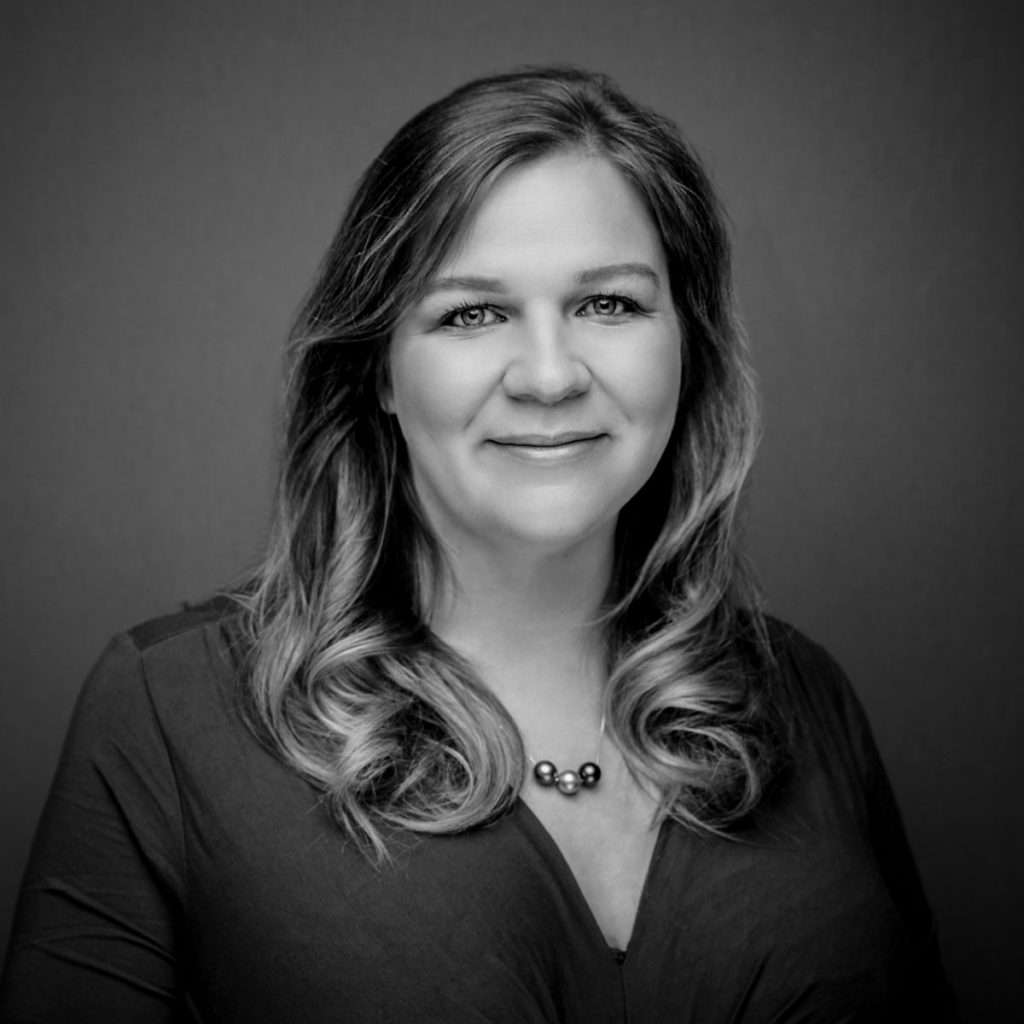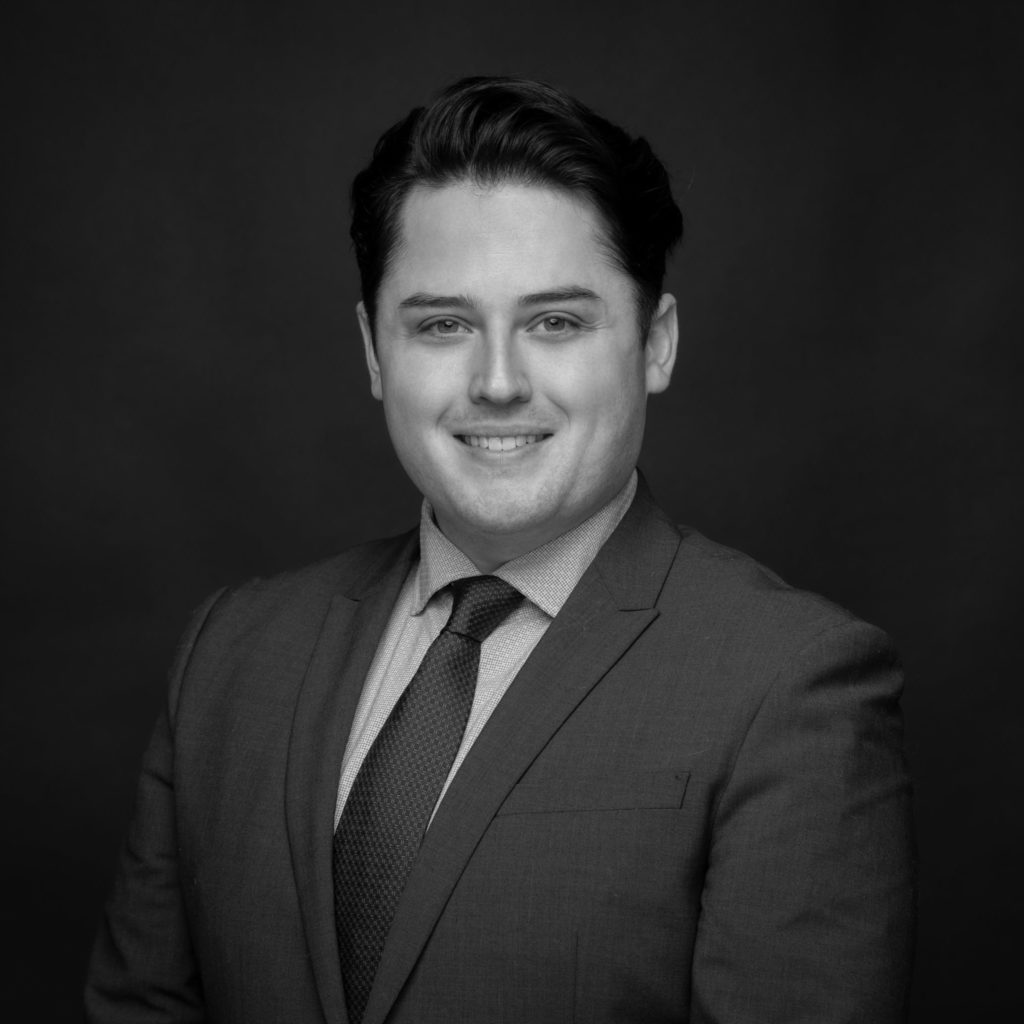Professionals should not go up against their regulator alone
The College of Audiologists and Speech-Language Pathologists of Ontario (“CASLPO”) is the regulator for audiologists and speech-language pathologists in Ontario. They:
- decide who has a certificate to practice as audiologists and speech-language pathologists
- handle complaints against audiologists and speech-language pathologists
But your College does not work for you. In fact, the College can:
- deny an applicant’s application for a certificate to practice or
- suspend, revoke or place terms, conditions, or limitations on an audiologist or speech-language pathologist’s certificate to practice
If you plan to apply to the College or have received notice of complaint it is important that you have representation to protect your interests and defend your rights.
Our team of experienced lawyers can assist social workers with matters including:
- Advising audiologists and speech-language pathologists on compliance with relevant legislation and standards
- Responding to complaints and investigations at the College
- Representing audiologists and speech-language pathologists at the Fitness to Practise Committee
- Defending audiologists and speech-language pathologists in hearings before the Discipline Committee
- Advocating for audiologists and speech-language pathologists to resolve matters through the College’s complaint resolution process
- Representing audiologists and speech-language pathologists in appeals before the Divisional Court of Ontario
Registration
Applying for a certificate of registration at a college can be a rather complex process
The CASLPO offers four types of registration:
- General Certificate for applicants wanting to engage in independent practice
- Initial Certificate for those who want to engage in the practice under the mentorship of a general registrant of the College
- Non-Practising Certificate for certificate holders who wish to take a break from the practice
- Academic Certificate for applicants who wish to teach or conduct research in the field at a post-secondary institution
Depending on the certificate an applicant wishes to pursue, all or a combination of the following requirements must be met:
- A master’s degree from an accredited university program or a university program approved by the Registration Committee
- Successful completion of an Entry to Practice exam
- Proof of employment as an audiologist or speech-language pathologist
- Proof of appointment at a post-secondary institution
Once an application is submitted, it is reviewed by the Registrar who may:
- Issue a certificate of registration
- Refer the application to the Registration Committee for further review
Once reviewed, The Registration Committee may direct the Registrar to:
- Issue a certificate of registration
- Issue a certificate of registration if the applicant completes additional specified training, experience, examination, or assessments
- Refuse to issue a certificate of registration
Our office can help you prepare this information and offer legal advice on concerns you may have. If you are planning to apply for a certificate from the CASLPO, contact us today.
Screening Committee
The College of Audiologists and Speech Language Pathologists (“CASLPO”) receives complaints from:
- members of the public
- clients of audiologists and speech-language pathologists
- employers of audiologists and speech-language pathologists
- fellow audiologists and speech-language pathologists
Members of the College are required to file a complaint, if during their practice they have obtained reasonable grounds to believe that another member of the same or different College has sexually abused a patient, is incompetent or is incapacitated.
The first step of the complaint process is at the Inquiries, Complaints and Reports Committee, often referred to as the “ICRC”.
The ICRC is a written process – the complainant, the College and the member exchange a series of documents:
- A complaint against a member is made
- The College confirms receipt of the complaint
- If appropriate, complaints may be settled through the voluntary Alternative Dispute Resolution process
- The College provides the member with an official acknowledgement of the complaint
- The member has an opportunity to file a written response to the complaint
- The panel may ask for an investigation to obtain patient records, interview people and witnesses, or receive an expert opinion
- The ICRC will review all the information gathered and issue a decision
The potential outcomes of a decision include:
- Determining that no further action against the registrant is required
- Registrant is referred to the Discipline Committee
- Registrant is referred to another panel of the ICRC if it appears that they are incapacitated
- Registrant may be required to appear before a panel to be cautioned
- Registrant may be required to complete a Specified Continuing Education or Remediation Program
These outcomes can have very serious financial and personal impacts on members. If you have received a complaint from the CASLPO, please contact us today.
Discipline Committee
If the ICRC considers a complaint to be “high risk” it can be referred to the Discipline Committee.
Before a matter progresses to a hearing at the Discipline Committee a pre-hearing may occur. A pre-hearing is an opportunity for the College and the member to present their case in an informal manner.
In our experience a pre-hearing at a college can be used to:
- Reduce the allegations against a member
- Reduce the penalty being sought by a member
- Raise important legal issues before trial
At the Discipline Committee a trial may take place where witnesses are called, and evidence is heard.
Outcomes at the Discipline Committee can include:
- Revocation of the member’s certificate
- Suspension of the member’s certificate
- Terms, conditions, and limitations on the member’s certificate
- Orders for the member to pay some or all of the costs of a trial
These are extremely serious public outcomes. If your matter has or could be referred to the Discipline Committee, please contact us today.
Fitness to Practise Committee
The Fitness to Practise Committee is a specialized Committee dealing with cases where a member’s conduct was impacted by an ongoing physical or mental medical condition
In our experience, a referral to the Fitness to Practise Committee can offer a number of benefits to members, because:
- Complaints are generally resolved in a more private manner
- The goal of the process is ensuring the health of the member
However, it is unusual for members to be referred to Fitness to Practise Committees without legal representation. It takes experienced and detailed representation to present the evidence screening Committees, like the ICRC, want to see to consider a referral to Fitness to Practise. If there is a complaint against you, please contact us today.
Appeals
Decisions of the:
- ICRC, and
- Registration Committee
can be appealed to the Health Professions Appeal and Review Board (“HPARB”).
Decisions of the:
- Discipline Committee, and
- Fitness to Practise Committee
can be appealed to the Ontario Divisional Court.
Unfortunately, self-represented individuals are very rarely successful in appeals. We have unique expertise in appeals from regulatory colleges. If you are considering an appeal, please contact us today.

